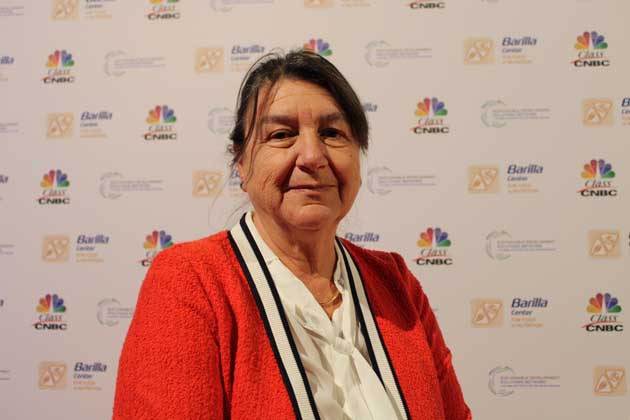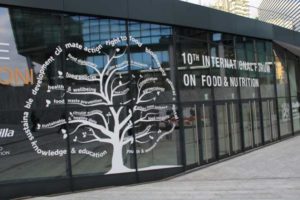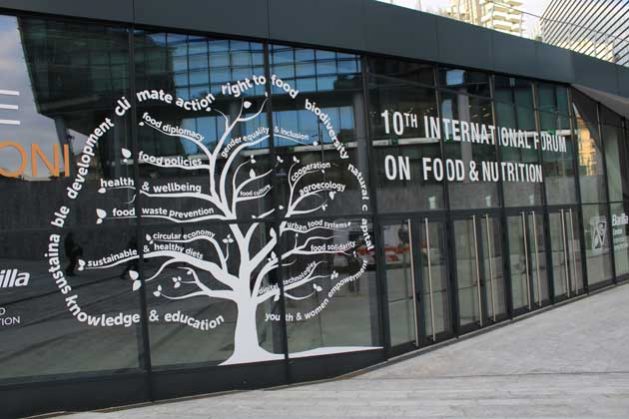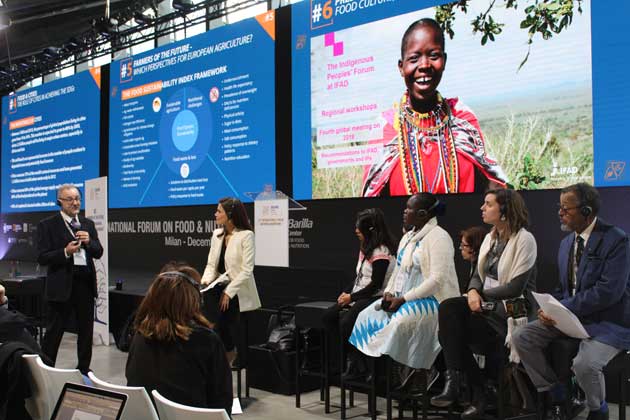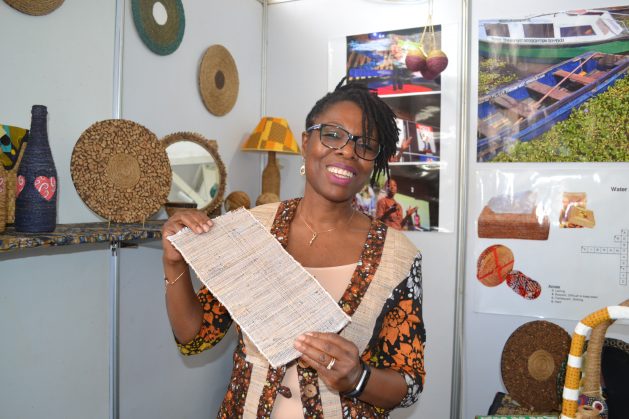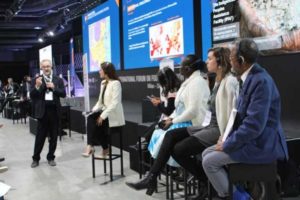
Conferences, Development & Aid, Economy & Trade, Environment, Featured, Food & Agriculture, Food Sustainability, Global, Headlines, Health, Poverty & SDGs, TerraViva United Nations, Trade & Investment
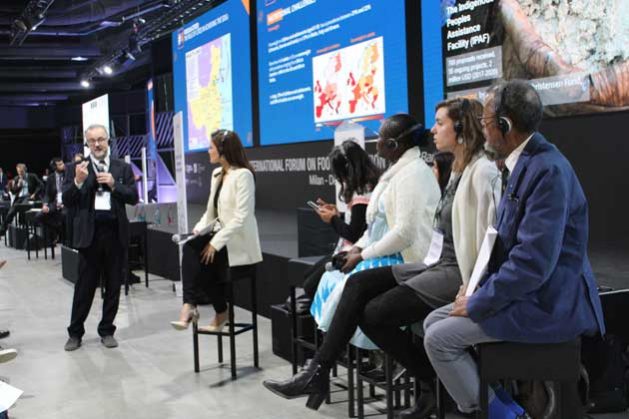
Delegates grappled with getting the business of food right. Credit: Busani Bafana / IPS
– Milan is the city where Leonardo da Vinci painted his iconic Last Supper. Frozen in time is the moment Christ told his disciples there was a traitor among them. Visitors to the painting can examine the expressions on the faces of the disciples and look the food they might have eaten – the bread and wine, and of course the spilt salt. As one delegate to the 10th International Forum on Food and Nutrition noted, the diet did not seem varied or healthy.
Several centuries later, with the spotlight firmly on the state of our planet, global warming, delegates grappled solutions for producing and consuming food, nutrition and the state of the earth. Taking centre stage was the question of the roles, activists, workers, businesses and leadership play in the food cycle.
Mario Monti, Senator for Life of the Italian Republic; articulated the challenge succinctly. The forum with the theme Fostering Business and Innovation while preserving Mother Earth he said, provided a “beautiful challenge” dedicated to securing food for people to inhabit the planet.
Ertharin Cousin, from the Chicago Council on Global Affairs, referred to a conundrum that while in the United States 1450 deals were signed across 1000 agri-food tech start-ups none of the businesses focused on addressing the challenges of low-income people.
It was clear from the presentation by Jeremy Oppenheim, Founder and Managing Partner, SYSTEMIQ the food system’s hidden costs amounting to $12 trillion, including food subsidies – that the food system is dysfunctional.
Many speakers alluded to resolving the conundrum involving complex interplays between activism; innovative business practice and digital innovation, financing and political commitment.
Changing the culture of business and financing of companies was considered a major consideration which needed change to fix the food system.
Ben Valk, Lead Food and Agriculture Benchmark, commented that, for example, there were solutions which reduce the pressure on land and therefore on deforestation.
“First things we should do is to start to implement those solutions,” he said, but added that it astonishing to that so little money was allocated towards the Sustainable Development Goals. Change was needed and money allocated to sport for, example, should be reduced to ensure the SDGs were achieved.
Charlotte Ersbøll, representing the United Nations Global Compact, commented that businesses should be aware that employees were committed to sustainable practices. She referred to a study done in the US where half of all the staff would accept a salary cut if they were if they could work for a more climate-friendly company. “And if you look at the millennials, it would be two thirds. And, and all of them were frustrated that they really didn’t see the companies following through and really taking the lead.”
Oppenheim concluded his presentation with a note of caution. People at the conference were the converted, people already finding and looking at solutions to food and nutrition.
“What we need to do is to take this room and have thousands of rooms of like this … The real opportunity is to take this agenda to seize it with both hands to translate it into massive business opportunities.”


